Datawise London, a six year year partnership programme led by Superhighways, involved London Plus, HEAR Network, Coalition for Efficiency, DataKind UK, the Greater London Authority (GLA) and Makerble.
Partners supported small civil society organisations (CSOs) in London to better use data to shape services and influence change, resulting in better outcomes for Londoners.
The programme received support under rounds one and two of the Cornerstone Fund, a systems change fund for civil society infrastructure organisations led by City Bridge Foundation and running from 2019 to 2025.
It worked at scale as well as depth, reaching hundreds of charities and community organisations across the city, involving many infrastructure bodies and funders and touching every London Borough.
Superhighways commissioned an evaluation to support the capturing of learning as the programme reaches its end. To gauge the direct impacts and ripple effects of activities, the cross-cutting question guiding the evaluation became:
How has Datawise London contributed to democratising data access and use in civil society and the public sector?
Summary
This evaluation answered that question, charting the legacy of the programme from three points of view:
1. Increased individual and peer-to-peer data capabilities
The programme increased the confidence and capability of individuals within CSOs, particularly through peer-to-peer engagement.
This included a:
- Change in how people worked with data technically and emotionally: gaining essential data collection, analysis and presentation skills and overcoming uncertainty and fear of getting it wrong
- Shift in epistemic power to communities and practitioners who tell their own stories
- Shaping of learning infrastructure in the sector by introducing peer models of capability-building, which are more adaptive and trust-based, and challenges a dependency cycle where small organisations must outsource data work to external consultants
- Challenge on who gets to ask questions, interpret findings, and make decisions based on data.
- New intentional approach to data independent of grant reporting needs
My main motivation came from the requirement to produce quarterly monitoring reports for our funders. It was only when I started to do that on a quarterly basis, that I started to build up a pattern with that data.
That made me realise the real motivation should be to understand if we are providing the sort of service that clients want.
Charity participant
2. Improved organisational and sector data collection
Datawise London improved data collection, sharing and use within and between civil society and public sector organisations through improvement to data sharing processes and collaboration or co-production.
This led to:
- Investment in internal data roles and tailored tools to evidence need and demonstrate impact. This together with leadership buy-in, shifted organisations from compliance-led reporting toward proactive, insight-driven strategy. It also demonstrated that commissioners respond when VCSE data is presented clearly and consistently.
- Grassroots groups defining their own questions and collection methods, surfacing inequities that mainstream systems overlooked and using this evidence to shape local policy and service design, especially for structurally excluded communities.
- Highlighting of the important role of CSOs in accessing and analysing existing data to interrogate it, revealing gaps in provision which could then result in new service opportunities.
- Reframing of infrastructure bodies not just as intermediaries, but as data stewards: institutions capable of brokering relationships, surfacing collective needs, and convening collaboration. Their trusted position allowing them to align technical systems with sector values and priorities, enabling more equitable data governance.
- Civil society data structured for openness and accessibility, changed who sees what, when, and for what purpose. It shifted visibility from internal compliance to collective intelligence, and suggested a path toward federated systems where statutory and VCSE actors draw from shared infrastructure rather than operate in silos.
- Sharing ideas, resources and insights scaled reflection and capability through trusted actors.
I see Superhighways as a leading light in this area and love and use your ‘choosing and implementing a database’ to give a charity an idea of what is involved
Lloyds Bank Foundation Grants Manager
3. Influencing change in civil society sector data infrastructure
The programme influenced change in civil society data infrastructure through through convening and collective action with funders and tech companies.
This meant that:
- User group shaping of database development reconfigured how power operates in tech development for the VCSE sector. It showed that when infrastructure bodies convene users around shared challenges, they can broker influence with vendors, even in low-budget contexts. More than just fixing a feature, this created a pathway for small charities to become active co-creators of the tools they use, setting precedent for more equitable, participatory tech ecosystems in civil society.
- Superhighways helped shape funder investment by evidencing the real world value of data systems for small organisations as core tools for service delivery.
- By involving infrastructure experts and drawing on real-world pain points from charities, Superhighways and London Councils co-produced a grant management system that prioritised usability, transparency, and future data sharing. It shifts the paradigm from funders being simply data collectors to being partners in building usable data infrastructure.
- Building shared tools from open data (such as the VCSE dashboards), when co-designed with the sector, redistributed analytical power, and can now inform resource allocation and move towards a federated data infrastructure that reflects and serves civil society’s priorities, not just institutional reporting needs.
- Small charities were able to access and question national data sources such as the Census 2021, not just extract from them. While it didn’t result in changes to Census categories or data platforms, it showed the value of building technical confidence alongside critical reflection, laying groundwork for more informed, assertive engagement with open data in future.
I’ve just been having a play on the dashboard and it is totally AWESOME! I’m thinking back to the beginning of the Way Ahead, when being able to access data about civil society seemed such a pipe-dream.
Well done for keeping going on this dream and making the reality so much better than I had imagined it could ever be.
Manager, London Funders
Ripple effects
The Datawise London programme has sparked a range of ripple effects that extend beyond its direct activities, contributing to long-term systems change across civil society.
These impacts span all five key conditions of the Foundations for Systems Change framework, including enhanced voice and agency, collaborative structures, deeper system understanding, peer learning, and shared influence.
Examples include small charities using data to shape redevelopment plans and secure funding, improved data tools leading to better service delivery and recognition in strategic forums, and the emergence of sustained peer communities like the Power BI user group.
Collectively, these outcomes reflect a shift towards more democratic, informed, and connected data practices across the sector.
Conclusion
Over six years, Datawise London has empowered individuals and small civil society organisations to harness their data, amplifying their voice and agency while influencing wider sector practices.
Its resources have been adopted across infrastructure bodies and funders, shaping data collection, sharing, and decision-making.
Through advocacy and co-created tools rooted in lived experience, the programme has made the realities of small charities visible to policymakers.
By sharing stories at sector events and fostering peer learning, Datawise London has demonstrated how relational working and community insight can drive systems change.
As the programme concludes, its legacy lies in substantial resources and learning that can be shared with the thousands of small charities and community organisations in London that have yet to be reached by Datawise London.
The foundations have been laid for the continued collaboration needed to ensure the VCSE sector remains digitally and data-enabled, with its insights continuing to create services that are needed now more than ever for Londoners.
Evaluation publish date
This evaluation will be launched on 13 October.
Funder

Superhighways, part of Kingston Voluntary Action, is one of only a small number of programmes in London to receive funding from the Cornerstone Fund.
This multi-funder initiative tested how civil society infrastructure could be jointly funded in London applying a systems change approach resulting in a thriving civil society and better outcomes for Londoners.
We are grateful to City Bridge Foundation, the funding arm of The City of London Corporation’s charity, Bridge House Estates, who funded this work from 2019 to 2025.
Contact

Datawise London is a partnership led by Superhighways at Kingston Voluntary Action.
If you are interested in finding out more about the project and its resources or would like to share your own data ideas and challenges please contact us.


